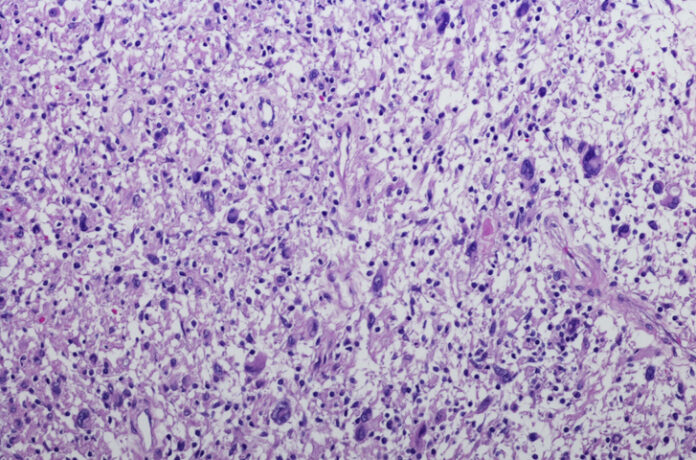The chances of one’s offspring having asthmatic symptoms is significantly greater if the mother or father have asthma, according to a recent study.
The results of this cross-sectional study were published in the journal Respiratory Medicine.
While prior research has indicated that a family history of asthma plays a role in developing the disease, studies have differed on whether more of the risk can be attributed to the maternal side or the paternal side.
“Parental history of asthma is a known and intriguing predictor of asthma in the offspring,” wrote the researchers. “The mechanisms of this vertical transmission of asthma risk remain obscure: genetic, epigenetic, microbiome-mediated and environmental causes have been implicated, but more human studies are needed to illuminate these mechanisms.”
To conduct the current work, researchers used data from a population-level study of 21,362 adults aged 20 or older, living in the suburbs of Copenhagen, Denmark. Using a combination of questionnaires, the researchers obtained information on an individual’s medical records for prescribed asthma medication history, and pulmonary function testing.
Of the total, 2071 (9.7%) had ever asthma, defined as an affirmative response to the question, “Has your doctor ever told (diagnosed) you that you have/had asthma?;” 1128 (5.3%) had persistent asthma; and 814 (3.8%) had clinical asthma.
Demographically, compared with individuals without asthma, individuals with ever, persistent, and clinical asthma were more likely to be female, ex-smokers, and passive smokers. Additionally, women had lower average forced expiratory volume in 1 second/ predicted forced vital capacity (FEV1/FVC) and higher body mass index (BMI), took asthma medication, and had achieved lower education levels.
Individuals with ever or persistent asthma tended to be younger than those without asthma, and those with persistent or clinical asthma had lower income than those without asthma.
As a result, the paternal and maternal asthma effect was approximately equal when adjusted for age and sex, (OR, 2.46; 95% CI, 2.15-2.81) for asthmatic mothers, and (OR, 2.97; 95% CI, 2.58-3.42) for asthmatic fathers. However, in the case of ever asthma, paternal allergy (OR, 2.44; 95% CI, 2.10-2.83) had a marginally greater effect when adjusted for age and sex than maternal allergy (OR, 1.96; 95% CI, 1.73-2.22).
Overall, the risk of asthma in offspring increased with the presence of asthma or allergy in mothers and fathers. Furthermore, in the case of ever asthma, the risk of passing on symptoms to offspring was greater among asthmatic fathers, than mothers.
Lastly, the odds ratio observed in the parental allergy group were lower compared with the odds ratio in the parental asthma group, suggesting having asthma may be a stronger predictor of passing off symptoms to one’s child, than passing on an allergy.
The researchers noted that there were other potential factors of parental asthma effect, such as environmental effects, such as neighborhood air pollution levels and second-hand smoke. The researchers suggested further studies should also consider any potential exposures and that are known to increase asthma risk.
“We conclude that in the Danish General Suburban Population Study (GESUS), parental asthma or allergy were strongly linked to higher asthma risk in offspring,” wrote the researchers. “The input of maternal v paternal effect was approximately equal, except for ‘ever asthma’ adjusted odds ratios where paternal allergy has conferred a marginally greater effect.”
Reference
Al-Shuweli S, Landt E, Ellervik C, et al. Risk of asthma in offspring of asthmatic fathers versus mothers: A population-based study of 21,000 individuals in Denmark. Respiratory Medicine. 2023;207:107116. doi:10.1016/j.rmed.2023.107116










